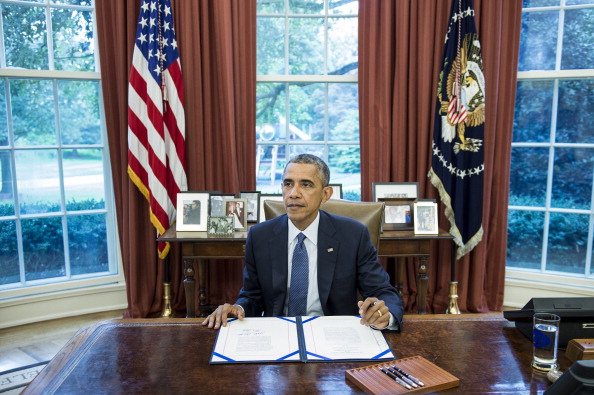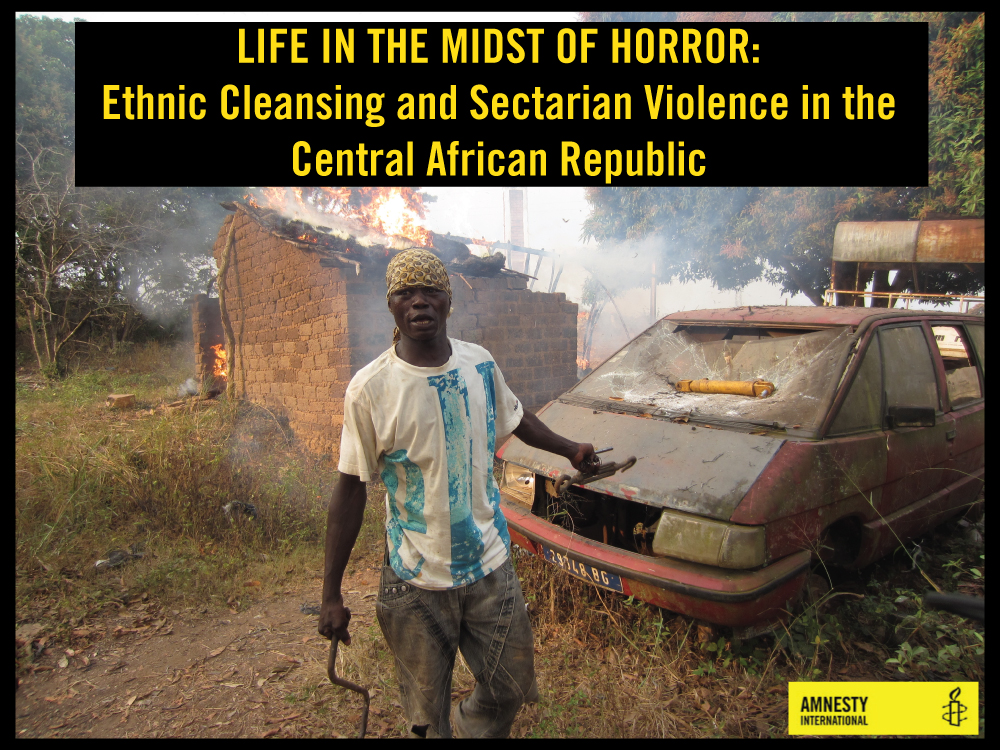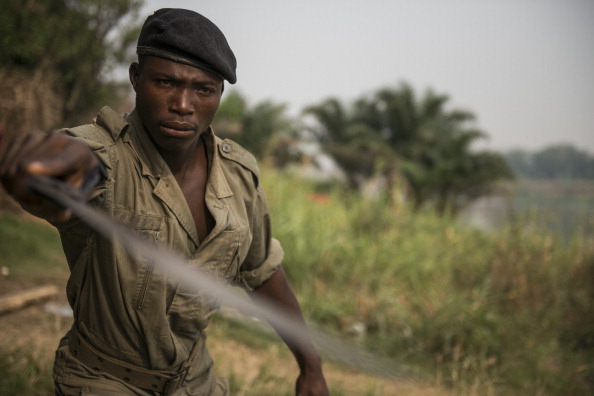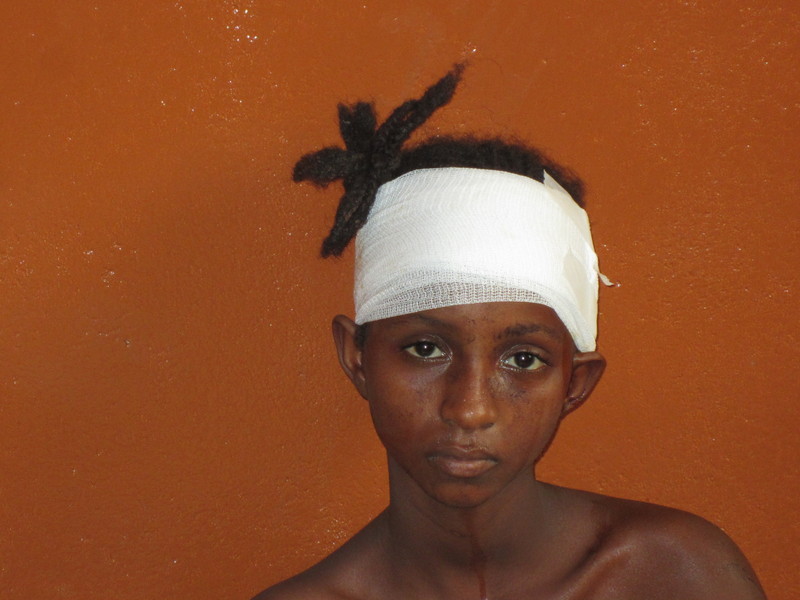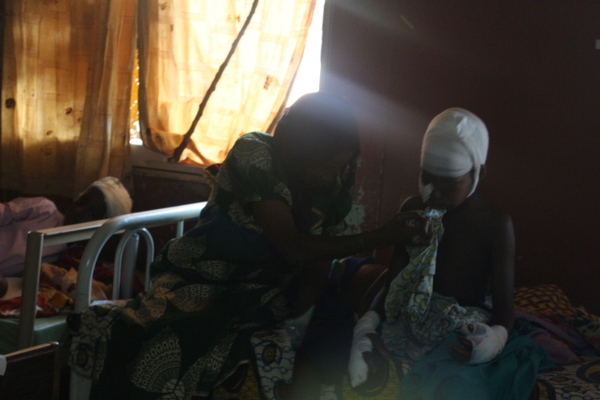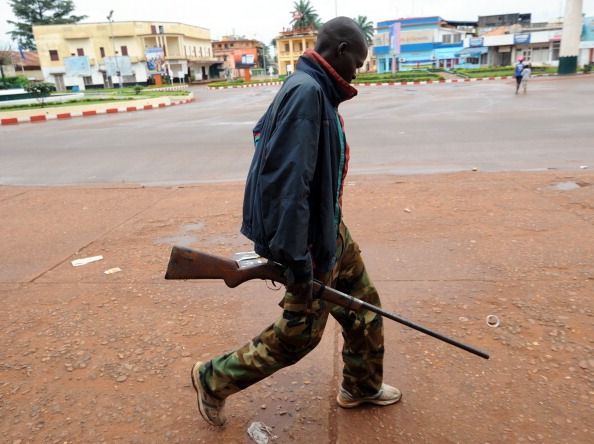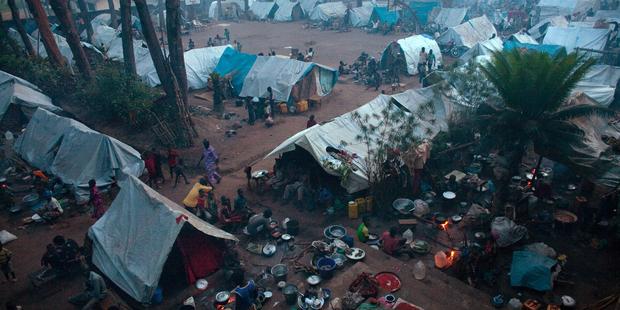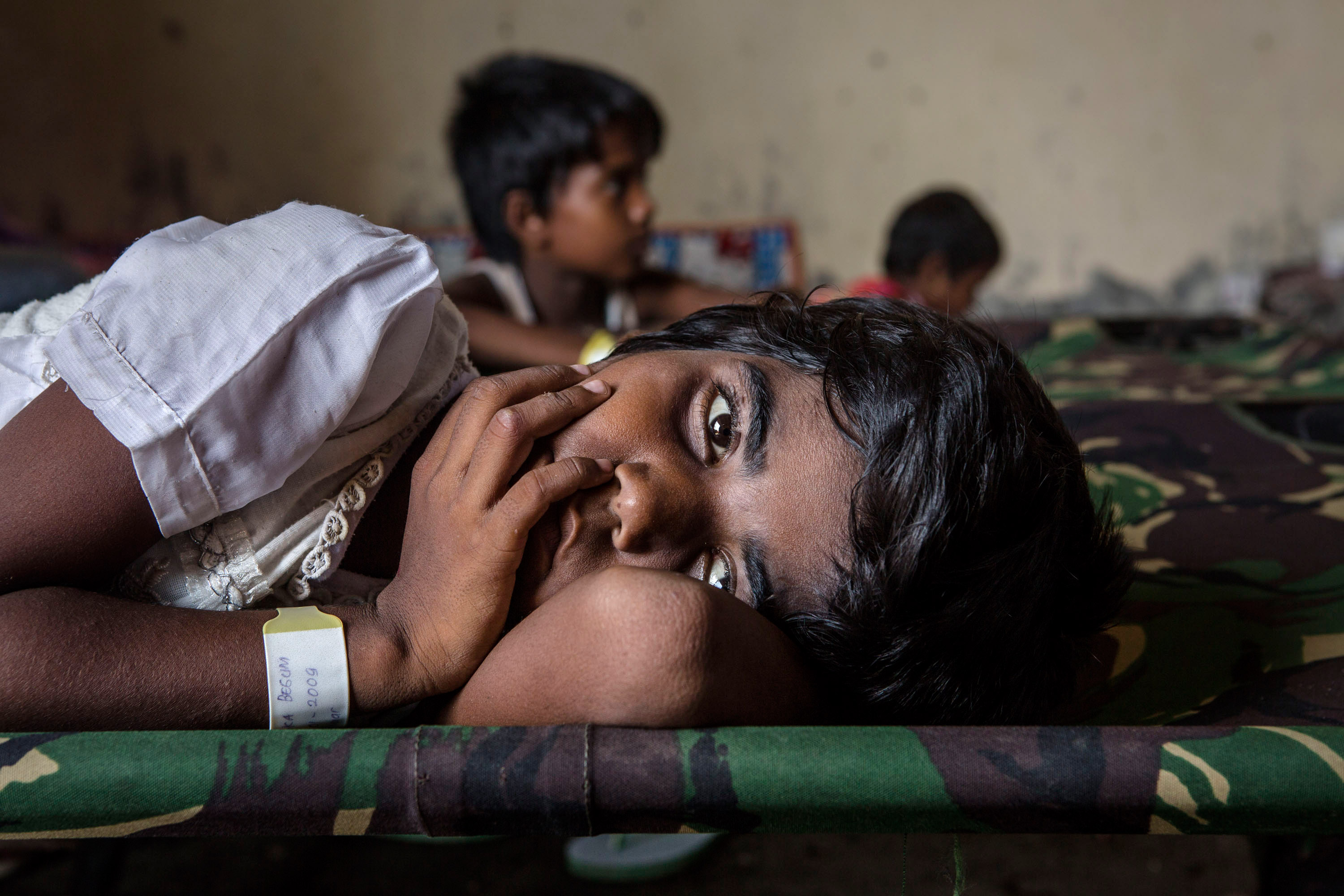
Hundreds of Rohingya refugees arrived in Indonesia on May 15, 2015. Thousands more are believed to still be stranded at sea reportedly with no country willing to take them in. Ulet Ifansasti/Getty Images
We all have an obligation to help
The right to flee from danger and seek safe haven ought to be something we all innately understand. And yet, one need only turn on the television, browse the Internet or pick up a paper to find arguments against it. Under international law, states have an obligation to help people fleeing persecution by not sending them back in to danger. SEE THE REST OF THIS POST
